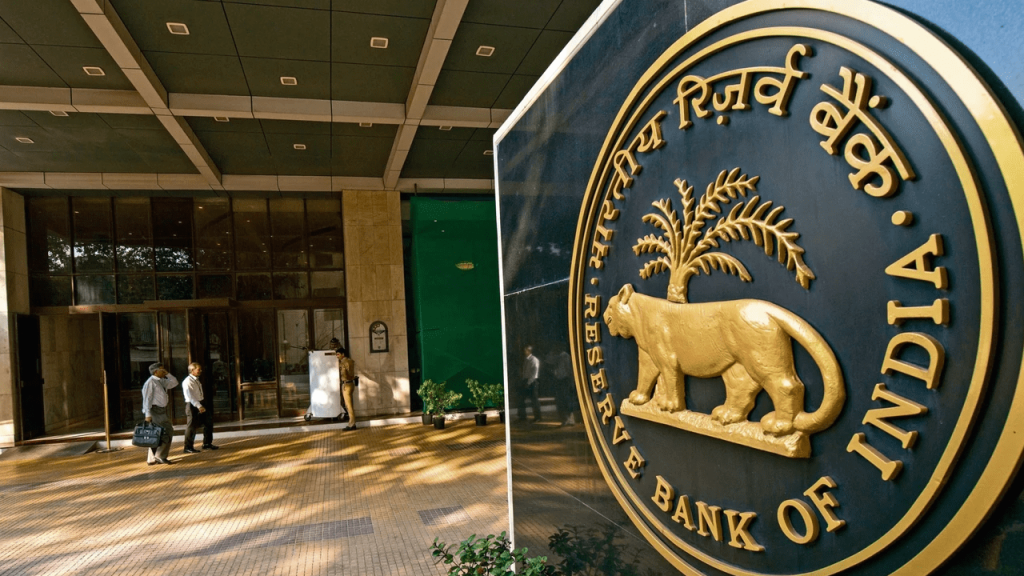
In a significant development, the Reserve Bank of India (RBI) has taken the decision to cancel the banking license of Malkapur Urban Co-operative Bank Limited, based in Buldhana, Maharashtra. The central bank has directed the bank to cease all banking activities with immediate effect, effective from the close of business on July 5, 2023.
According to the RBI, Malkapur Urban Co-operative Bank is now prohibited from engaging in any banking operations, including accepting deposits and repaying deposits, as defined in Section 5(b) read with Section 56 of the Banking Regulation Act, 1949. The cancellation of the license comes as a result of the bank’s insufficient capital and earning prospects, as well as its failure to comply with specific sections of the Banking Regulation Act.
The decision to revoke the license of Malkapur Urban Co-operative Bank underscores the RBI’s commitment to maintaining the stability and integrity of the banking sector. The central bank’s primary responsibility is to safeguard the interests of depositors and ensure the smooth functioning of financial institutions in the country. In this case, the RBI found it necessary to take stringent action due to the bank’s failure to meet regulatory requirements and address its financial shortcomings.
The cancellation of the license serves as a cautionary reminder to other banks and financial institutions regarding the importance of adhering to regulatory norms and maintaining adequate capitalization. The RBI’s move sends a strong signal that non-compliance with regulations and failure to maintain financial health will not be tolerated, as it can have severe repercussions on the overall stability of the banking system.
The Malkapur Urban Co-operative Bank’s license cancellation highlights the challenges faced by co-operative banks in India. These banks play a crucial role in providing financial services to rural and semi-urban areas, serving as a lifeline for small businesses and individuals in these regions. However, it is imperative for co-operative banks to uphold the same standards of governance, risk management, and financial prudence as commercial banks, to ensure the safety of depositor funds and maintain public trust.
The RBI’s decision will have implications for the bank’s customers, shareholders, and employees. Customers will need to consider alternative banking options and take necessary steps to safeguard their financial interests. Shareholders will face potential losses as the bank’s operations come to a halt, and the future of their investments remains uncertain. Employees of the bank may also be affected, facing job insecurity and an uncertain future.
While the cancellation of the license is undoubtedly a setback for Malkapur Urban Co-operative Bank, it is essential to acknowledge the RBI’s proactive approach in dealing with troubled financial institutions. The central bank’s prompt action helps contain any potential contagion effect and prevents the bank’s financial problems from spreading to other entities or causing a systemic crisis.
The RBI’s decision is also a reminder to regulators, policymakers, and stakeholders in the banking industry to continually assess and strengthen the regulatory framework governing co-operative banks. Efforts should be made to enhance governance standards, improve risk management practices, and ensure adequate capitalization for the sustainable functioning of co-operative banks.
It is worth noting that the RBI’s action does not necessarily indicate a complete loss for the bank’s stakeholders. Measures may be taken to revive the institution, such as initiating a merger with another bank or implementing a restructuring plan to address its financial weaknesses. The focus should be on protecting the interests of depositors, minimizing disruptions to the local economy, and facilitating the orderly resolution of the bank’s affairs.
The cancellation of Malkapur Urban Co-operative Bank’s license serves as a reminder for all banks and financial institutions to operate in full compliance with regulatory requirements and uphold the highest standards of governance. It reinforces the crucial role played by regulatory bodies in maintaining a stable and robust banking system. Going forward, stakeholders and customers of co-operative banks should remain vigilant, stay informed about their banks’ financial health, and make informed decisions to safeguard their financial interests.










